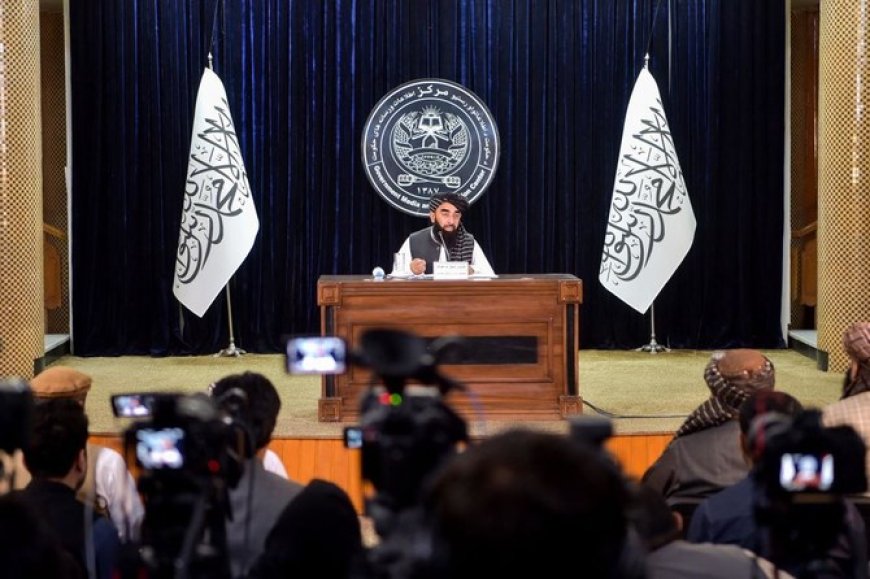In a pivotal diplomatic maneuver, a delegation representing the Taliban participated in a United Nations-sponsored meeting in Doha, Qatar, marking a significant engagement amid ongoing international efforts to address Afghanistan's evolving political landscape. The two-day gathering, facilitated by the UN, unfolded against a backdrop of exclusion, with organizers notably omitting Afghan women from participation.
Led by Zabihullah Mujahid, the Taliban's chief spokesperson and delegation head, discussions at the meeting encompassed multifaceted engagements with representatives from key global players including Russia, India, and Uzbekistan. This assembly, the third of its kind since the Taliban's ascension to power in August 2021, underscores intensified efforts to navigate the complex Afghan crisis through diplomatic channels.
Historically fraught with contention, previous UN-led initiatives faced logistical hurdles, including the Taliban's initial exclusion from talks and subsequent disputes over participation conditions. Antonio Guterres, Secretary-General of the United Nations, had previously underscored the challenging parameters imposed by the Taliban, which included demands for the exclusion of Afghan civil society members and calls for international recognition as Afghanistan's legitimate governance.
The Taliban's seizure of power in 2021, coinciding with the withdrawal of U.S. and NATO forces after two decades of conflict, precipitated a geopolitical quagmire. Despite their control over Afghanistan, the Taliban regime has yet to garner official recognition from any nation, with widespread international skepticism persisting amidst ongoing controversies, notably concerning human rights and gender equity.
In tandem with their diplomatic outreach, the Taliban delegation articulated intentions to address pressing economic and social imperatives plaguing Afghanistan. Mujahid emphasized priorities spanning international financial constraints, bolstering the private sector, and combating narcotics trafficking as pivotal areas of focus for future deliberations.
Amidst criticism over the exclusion of Afghan women from the Doha talks, Roza Otunbayeva, the United Nations' senior representative in Afghanistan, defended the decision, affirming that gender issues remain a steadfast agenda item. The decision to exclude women from this particular gathering underscores ongoing challenges in balancing inclusivity with diplomatic pragmatism amidst Afghanistan's evolving political landscape.
As discussions unfold in Qatar, stakeholders anticipate nuanced deliberations aimed at charting a course for Afghanistan's recovery and reintegration into the global community, amid enduring uncertainties over governance and human rights in the post-conflict era.
Additional Historical Context: The Taliban's engagement in international forums marks a pivotal shift from their earlier isolationist stance, reflecting evolving strategies amid persistent challenges to their legitimacy. Previous UN-led initiatives underscored global reluctance to confer recognition on the Taliban regime, citing ongoing human rights violations and gender-based exclusions. The Doha talks thus represent a critical juncture in global efforts to engage the Taliban diplomatically while navigating the complexities of Afghanistan's post-war reconstruction and geopolitical realignments.














































